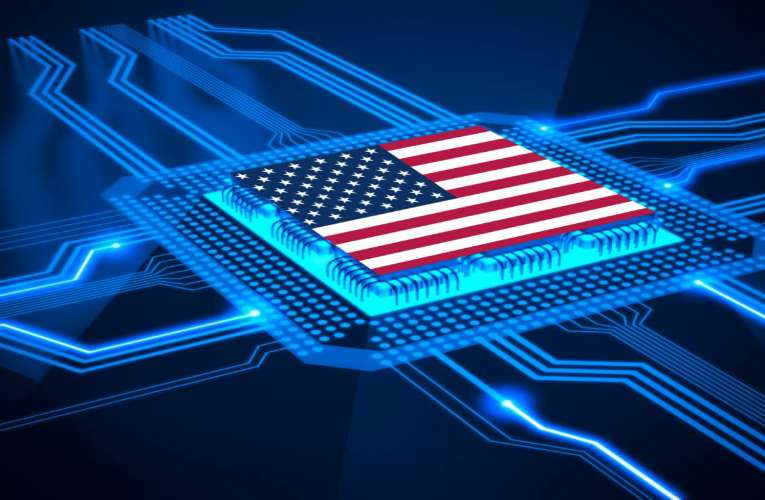
Around $238 million has been sanctioned by the Pentagon to eight regional technology clusters, which are focused on semiconductors with defense applications
Media reports now surfaced that the Joe Biden government is aiming to invest $3.5 billion in Intel in an effort to produce cutting-edge semiconductors for the intelligence and defense units. According to some sources in the US Congress, the bill amount was pushed yesterday and it is likely to make Intel the most dominant semiconductor tech company in the country’s defense sector.
The funding will be provided to the company for a tenure of three years and is under the “secure enclave” program. This investment is part of the $39 billion science and chips act approved by the government in 2022, which is aiming to grow the country’s semiconductor industry in the global value chain. After the act was sanctioned, over 600 companies have shown interest in setting-up a new chip unit. Back in November 2023, it was reported exclusively by the Wall Street Journal that Intel is looking for a subsidy from the government between $3 billion to $4 billion.
In a media interaction, the US Commerce Department said, “We are still reviewing the effect of the appropriations text on the program. The department looks forward to continuing to work with Congress on implementing the Chips and Science Act in a manner that promotes our economic and national security.” By Saturday, the US congress is expected to sanction the legislation.
With an aim of boosting the in-house semiconductor manufacturing, the Commerce Department has now geared up to provide billions of dollars of awards to top-notch chip manufacturers such as Samsung, TSMC, and Intel. Three awards have already been granted by the department, which includes a national security focused award to the US subsidiary of BAE Systems Plc and a $1.5 billion grant to GlobalFoundries.

